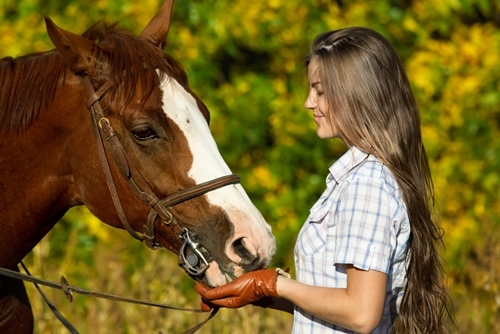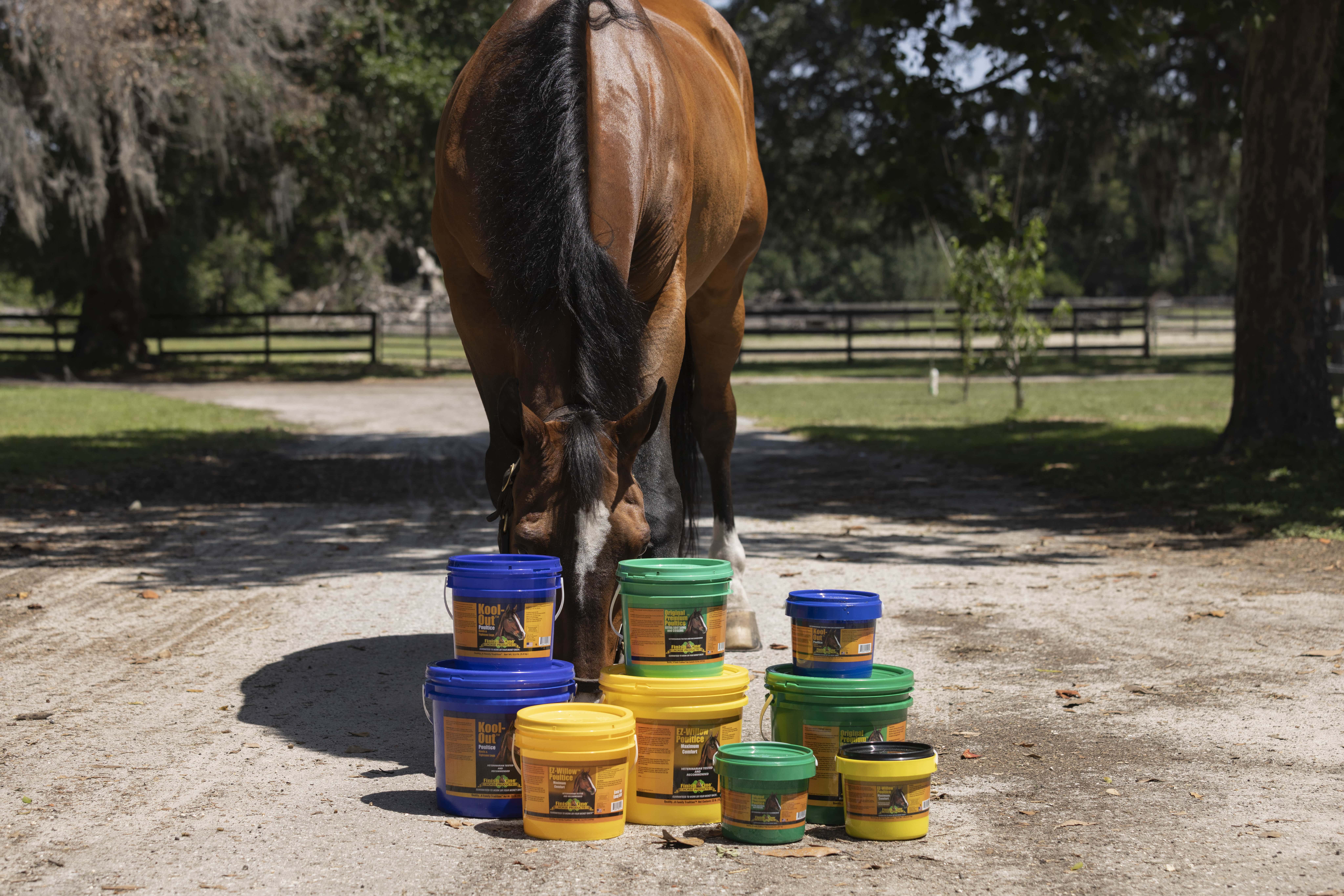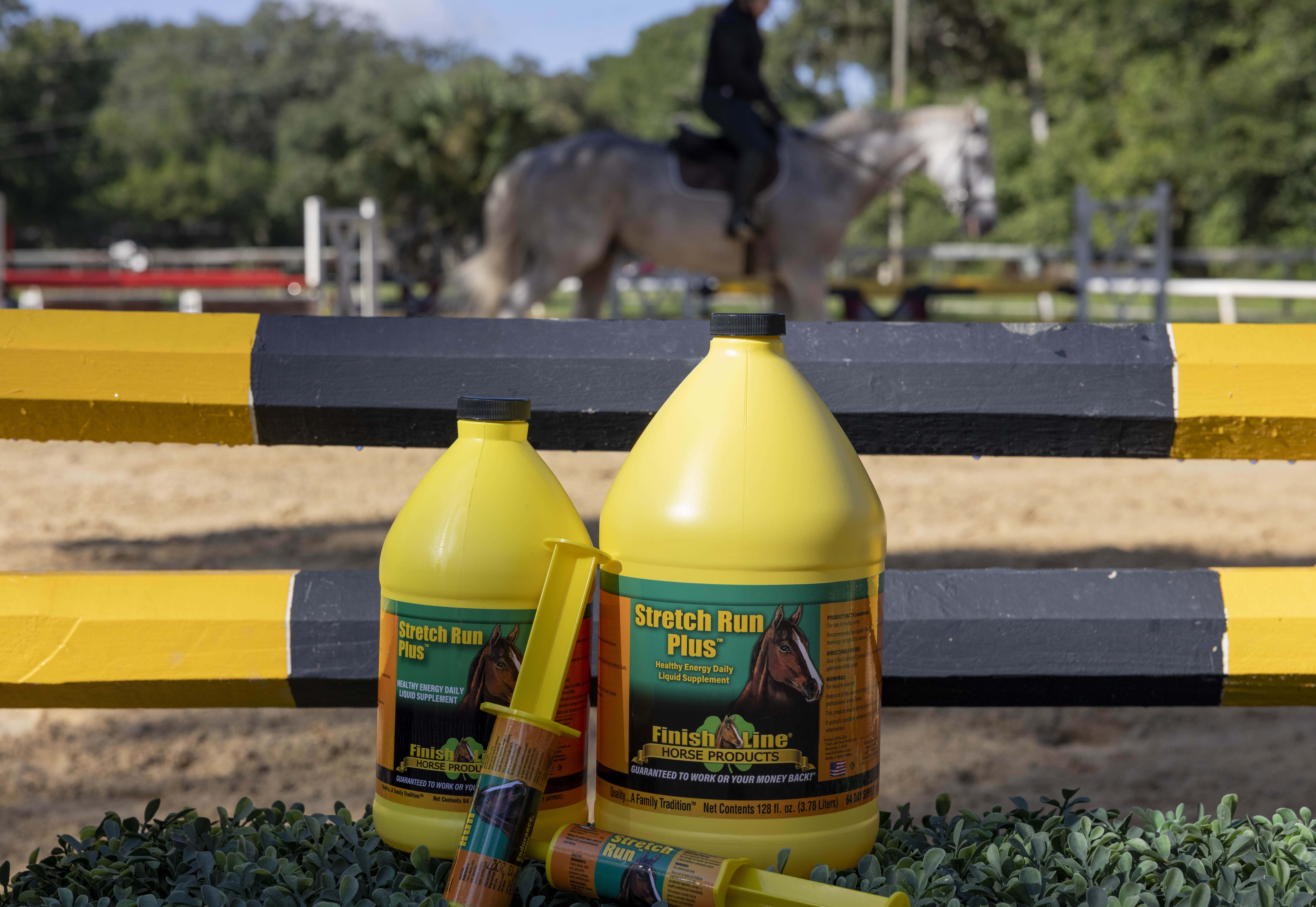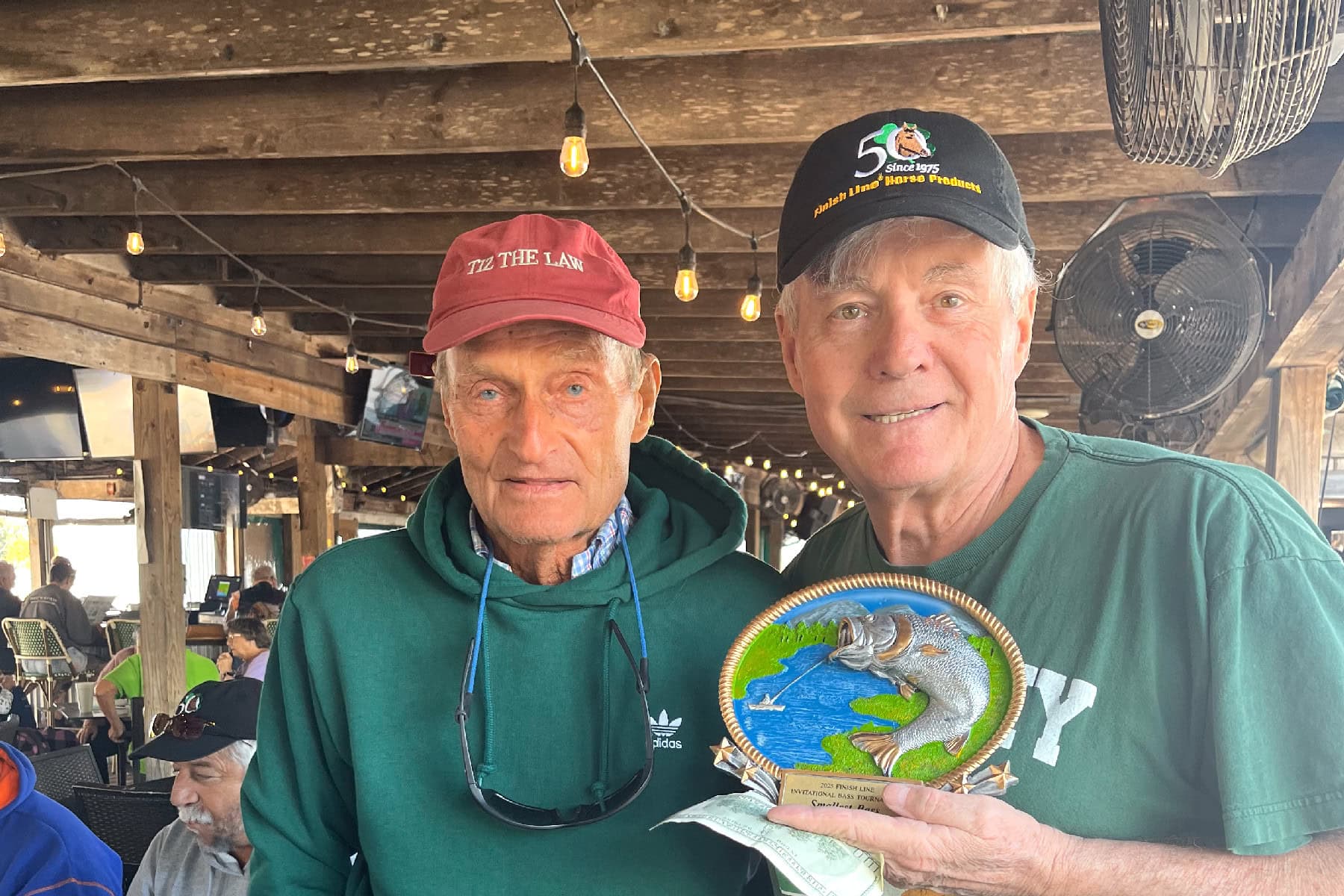One of the joys of horse training is watching a horse you took in as a foal blossom into the elegant creature it eventually becomes. It’s a feeling of pride, knowing that your training and your horse’s skills were able to combine and work for everyone’s benefit. However, now that your horse has aged significantly, understanding how the proper nutritional management and care tactics for your older animal change as it enters a new period of its life will help it continue to flourish. Whether it’s weight management, nutrition or keeping an eye out for digestive complications, here are some tips for administering the right kind of nutritional care for your older horse:Adjusting diet
One of the trickier aspects of caring for geriatric horses is managing their nutrition. The eating habits of older horses often fluctuate, and researchers from Colorado State University report that geriatric horses usually don’t utilize feed as efficiently as younger horses, which translates into shedding off pounds. This may require you to increase the amount of food you supply for your older horse, as it can grow to become more selective on when and how much it eats. You should also use the freshest feeds available, as hay bundles or other types of food products often lose its nutritional value when set aside for long periods of time.
Digestive complications
Digestion is another nutritional concern that often plagues older horses. According to Living Legends animal hospital, as horses age, the ability to efficiently digest foods reduces, which may require trainers to increase the amount of feed supplied to the horse by 10 to 20 percent. This will help make up for any nutrients the horses miss out on by not being able to effectively process food or consume the typical quantity of feed they digested at a younger age. Added weight can also be a common occurrence in aging horses, as its metabolism will slow down the older it gets. While this is certainly not a cause for decreasing the amount of feed the horse needs, it may signal that added exercise or light training sessions may be necessary to get it back down to its recommended weight.
Dental health
One of the more overlooked aspects to the nutritional care of horses is its dental health. If your aging horse is experiencing digestive complications, more often than not, it has to do with the fact that its teeth have worn down to the point that proper chewing cannot occur. This is where providing your aging horse with an annual dental exam can help address these types of complications before they progress into a more severe condition.
Essential horse supplements
When it comes to selecting the right type of nutrition for geriatric horses, trainers will need to find types of feed that consist of higher protein levels, increased minerals as well as products that are easily digestible. This is especially true if you’ve noticed significant weight loss in your aging horse, as you’ll need to consult with a veterinarian in regard to which diet will help replenish the vitamins and minerals it’s losing as well as making up for the weight it’s lost. An excellent way to ensure your geriatric horse is getting the nutrients it needs is by adding Ultra Fire™ multivitamin/mineral supplement to its meals. The combination of vitamins and minerals in this form of horse supplement are thorough, as each serving contains sources of vitamins A,C,E, B-complex, K, as well as minerals such as potassium, sodium, magnesium, copper, calcium, cobalt, manganese and zinc.
If you’re trying to find a product that will promote healthy digestion in your older horse, try using U-7™ Gastric Aid. This healthy blend of vitamins and herbs comes in easy to use liquid or powder forms. Plus, U-7™ Gastric Aid has a delicious taste horses love, with natural ingredients ranging from aloe, cinnamon, cabbage, carrots, licorice and many more.








